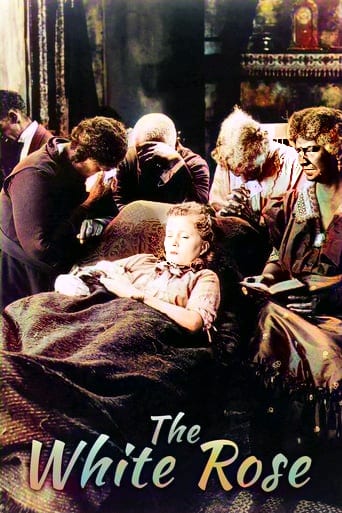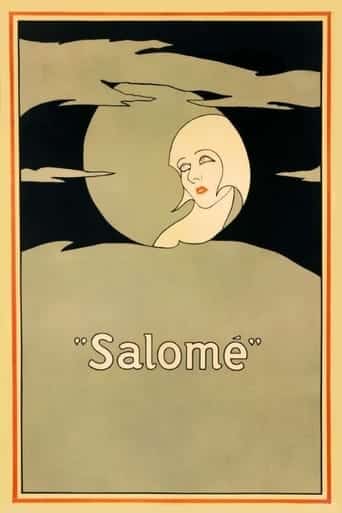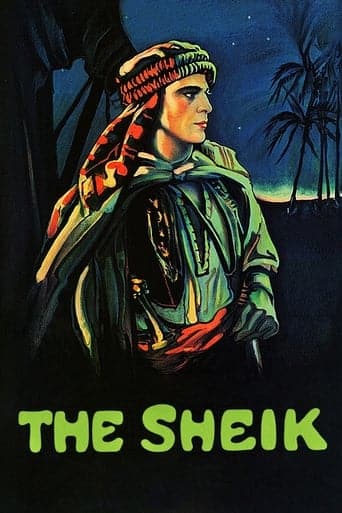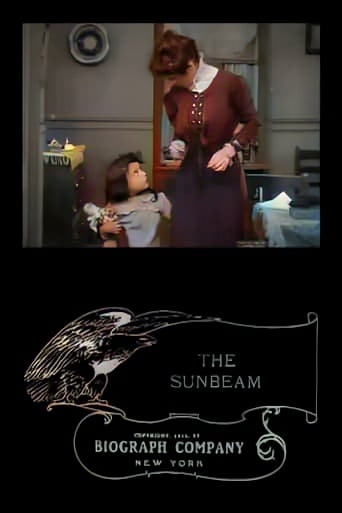The White Rose (1923)

 “The White Rose,” a 1923 silent film directed by D.W. Griffith, stars a talented cast, with Mae Marsh as Bessie, Carol Dempster as Marie, Ivor Novello as Joseph, Neil Hamilton as John White, Lucille La Verne as Auntie Easter, Kate Bruce as John’s Aunt, and Erville Alderson as the Man of the World.
“The White Rose,” a 1923 silent film directed by D.W. Griffith, stars a talented cast, with Mae Marsh as Bessie, Carol Dempster as Marie, Ivor Novello as Joseph, Neil Hamilton as John White, Lucille La Verne as Auntie Easter, Kate Bruce as John’s Aunt, and Erville Alderson as the Man of the World.
Set against the backdrop of the American South, the film explores the societal norms and challenges of the time, weaving a narrative that delves into love, morality, and the consequences of societal expectations.
The story revolves around Joseph, a wealthy young Southern aristocrat, who, upon graduating from a seminary, decides to venture into the “real world” before assuming his responsibilities in the parish. His journey takes him to the vibrant city of New Orleans, where he encounters a cast of characters that will shape his destiny.
In the midst of his exploration, Joseph becomes captivated by Bessie, a poor and unsophisticated orphan girl. Their worlds collide in a manner that transcends the stark differences in their social standings. The attraction between Joseph and Bessie blossoms into a romance that challenges the societal norms of the time.
As their relationship deepens, the film takes an unexpected turn when Bessie discovers that she is pregnant, and Joseph is revealed as the father. This revelation becomes a turning point, setting the stage for a complex and emotional journey for both characters. Bessie, portrayed by Mae Marsh, becomes a central figure in the unfolding drama, representing the marginalized and disenfranchised in a society that often overlooks those on the fringes.
Ivor Novello, in the role of Joseph, undergoes a transformation as he grapples with the clash between his privileged upbringing and the harsh realities of life beyond the seminary. His decision to explore the real world becomes a catalyst for the moral quandaries he faces, and the consequences of his actions reverberate through the narrative.
Neil Hamilton portrays John White, adding another layer to the story. John’s role, presumably as a significant figure in Joseph’s life, introduces familial dynamics and potential conflicts that further complicate the unfolding drama. Lucille La Verne as Auntie Easter, Kate Bruce as John’s Aunt, and Erville Alderson as the Man of the World contribute to the ensemble cast, each playing a crucial part in shaping the narrative.
The film’s cinematography, though limited by the technology of the time, successfully captures the atmospheric charm of New Orleans and portrays the stark contrasts between the opulence of Joseph’s background and the grittiness of Bessie’s reality. The collaborative efforts of the entire cast and crew contribute to the film’s enduring appeal.
“The White Rose” transcends its historical context, inviting viewers to reflect on universal themes such as love, societal expectations, and the complexities of navigating a world that rigidly adheres to moral standards. Mae Marsh’s compelling performance, supported by the ensemble cast, brings to life a story that resonates with emotional depth and societal commentary.
In conclusion, “The White Rose” is a silent film gem that explores the intricacies of human relationships and societal dynamics. Mae Marsh, Carol Dempster, Ivor Novello, and the rest of the cast deliver performances that stand the test of time, making this film a poignant and enduring piece of cinema.
Release Date: May 23rd, 1923
Main Cast Members
Mae Marsh (Bessie)
Carol Dempster (Marie)
Ivor Novello (Joseph)
Neil Hamilton (John White)
Lucille La Verne (Auntie Easter)
Kate Bruce (John’s Aunt)
Erville Alderson (Man of the World)

 “The White Rose,” a 1923 silent film directed by D.W. Griffith, stars a talented cast, with Mae Marsh as Bessie, Carol Dempster as Marie, Ivor Novello as Joseph, Neil Hamilton as John White, Lucille La Verne as Auntie Easter, Kate Bruce as John’s Aunt, and Erville Alderson as the Man of the World.
“The White Rose,” a 1923 silent film directed by D.W. Griffith, stars a talented cast, with Mae Marsh as Bessie, Carol Dempster as Marie, Ivor Novello as Joseph, Neil Hamilton as John White, Lucille La Verne as Auntie Easter, Kate Bruce as John’s Aunt, and Erville Alderson as the Man of the World.


